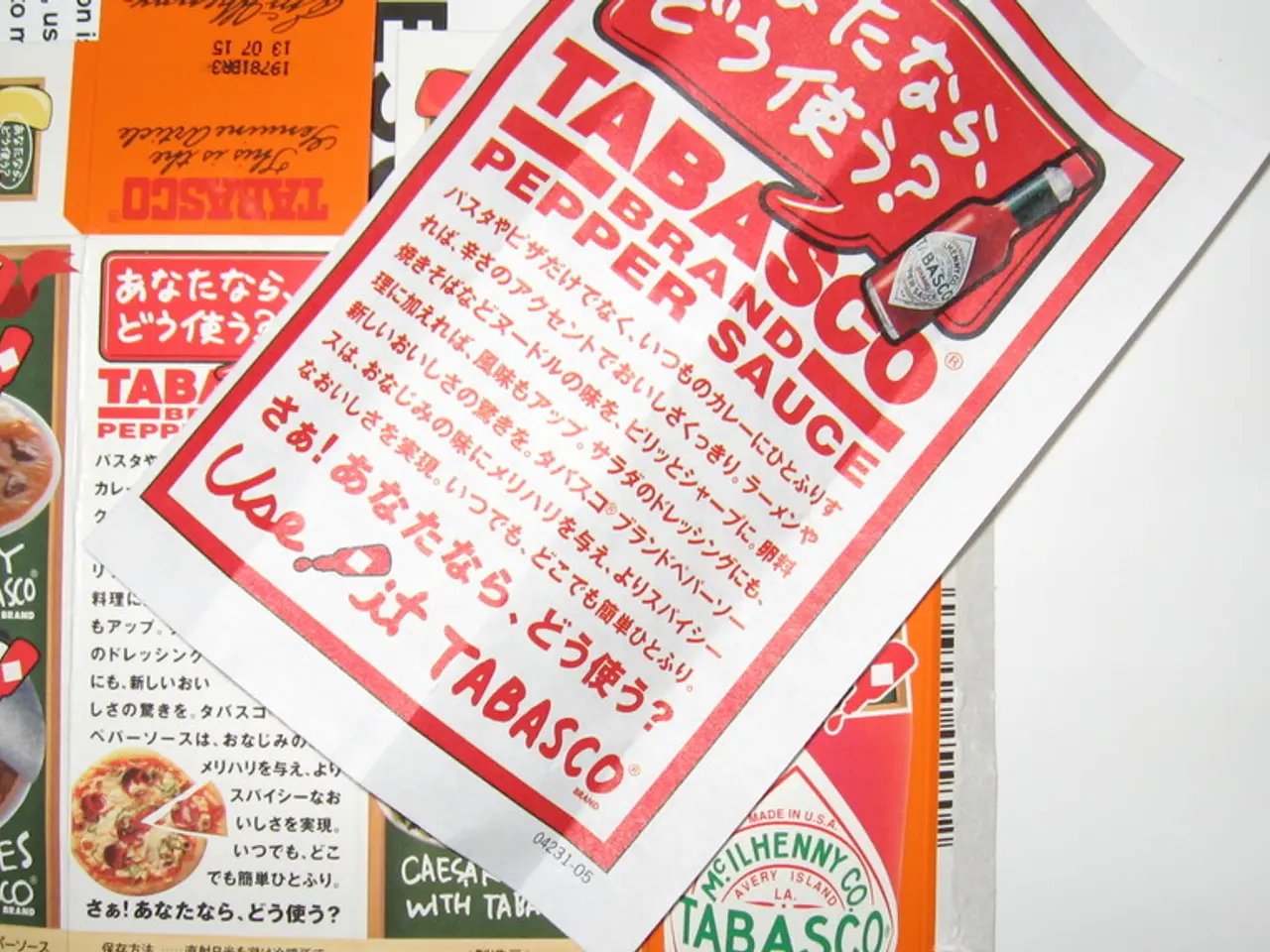Investigating Why Owner of Burger King Outperforms McDonald's as a Purchase Option
In the fast-food industry, Restaurant Brands International (QSR) is making waves as a potential better investment than McDonald's (MCD). Here's why.
Restaurant Brands International, the parent company of Burger King, Tim Horton's, Popeyes, and Firehouse Subs, is focusing on innovation through technology, premium pricing, and efficiency improvements. The company is investing heavily in AI-driven drive-thru systems and intelligent kitchens, aiming to reduce labor costs by up to 15%. This digital transformation, combined with its presence in the growing global hamburger market, positions Restaurant Brands to maintain and improve margins in a cost-challenged environment.
One of the key factors favouring Restaurant Brands over McDonald's is its premium pricing strategies. These strategies sustain high (30%+) margins even in inflationary times, making the company resilient to economic pressures.
Moreover, Restaurant Brands International is expected to grow earnings at a slightly faster rate (13.5% per year) than McDonald's over the next five years, according to analysts. The company's revenue has also increased by 6.5% over the last five years, while McDonald's revenue has declined by 4.8% during the same period.
Restaurant Brands International's dividend yield of 3.69% is also higher than McDonald's yield of 2.16%. This reinforces the value under its share price, as both companies distribute a similar portion of their free cash flow in dividends.
The company's brands like Burger King and Popeyes are well-positioned to capitalise on the rapidly growing global hamburger market, which is projected to grow at a 7.9% CAGR through 2033. The potential for substantial upside in RBI shares is evidenced by fair value estimates suggesting the stock could be worth over twice its current price.
In contrast, McDonald's, while dominant with a larger market share (15.44% vs. RBI’s 5.39%), faces more mature growth prospects and the typical challenges of a large legacy operator in adapting quickly to changing consumer habits and inflationary cost pressures.
Restaurant Brands International's global restaurant count is lower than McDonald's (over 29,000 compared to 40,031), but it is targeting 40,000. This means there is more room for the company to open new restaurants for revenue growth. Furthermore, Tim Horton's, Popeyes, and Firehouse Subs are far less penetrated across international markets than McDonald's or Burger King, indicating tremendous international growth potential.
In summary, Restaurant Brands International's focus on digital innovation, franchising efficiencies, and premium menu adaptations, combined with its lower number of restaurants and the underpenetration of its brands in international markets, make it a more attractive investment opportunity than McDonald's in today's market conditions.
Data for QSR revenue (TTM) and QSR stock performance were provided by YCharts. Successful investing, as the article suggests, is about understanding where a business is headed and comparing that to the stock's current valuation. In the case of Restaurant Brands International, the future growth prospects may outweigh its current stock performance compared to McDonald's.
- Restaurant Brands International's strategic investments in AI-driven drive-thru systems and intelligent kitchens, aimed at reducing labor costs, indicate a focus on finance and technology, with the aim of improving business efficiency.
- The premium pricing strategies employed by Restaurant Brands International, resulting in high (30%+) margins even during inflation, suggest a smart approach to finance and investing that positions the company well for economic pressures.
- As the company is projected to grow earnings at a faster rate than McDonald's and has international growth potential with underpenetrated brands like Tim Horton's, Popeyes, and Firehouse Subs, it offers a promising investment opportunity for those seeking growth in the finance and business sectors.




